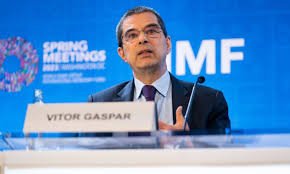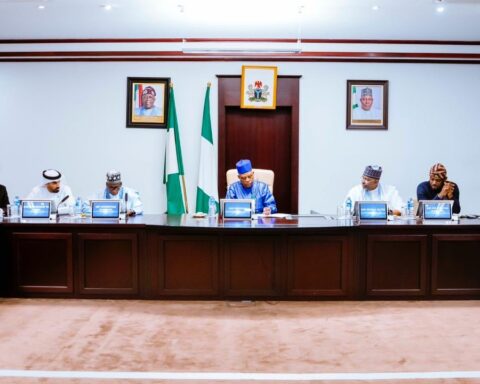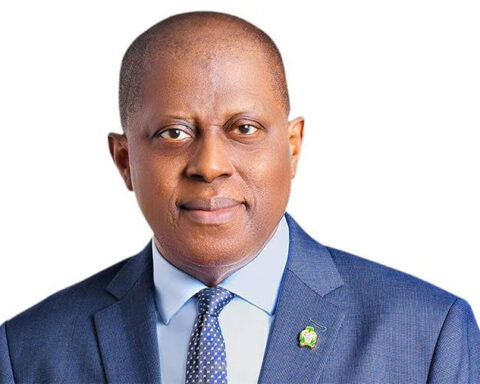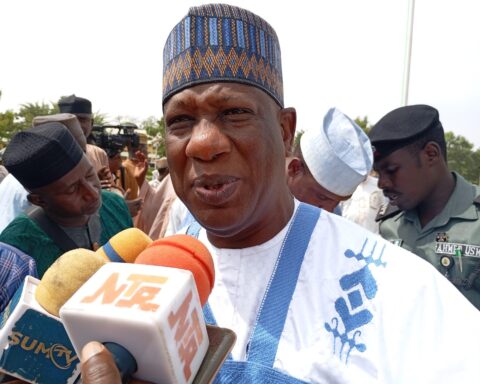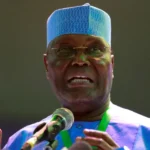By Nana Musa
The International Monetary Fund (IMF) has urged Nigeria to be prudent in spending following the implementation of hard economic reforms that have made it save more revenue.
The Director of the Fiscal Affairs Department IMF, Vitor Gaspar, said this at a Fiscal Monitor news conference at the ongoing 2025 IMF/World Bank Spring Meetings in Washington, D.C., on Wednesday.
He said that there was an urgent need for fiscal authorities and governments to build buffers.
According to him, governments need to act urgently and decisively as they face harsh trade-offs and painful choices.
He said it was important for policymakers to invest their political capital in building confidence and trust, starting with keeping their own houses in order.
” This is especially important in a situation that tests the resilience of individual economies, not to mention the entire system.
“Putting the house in order involves three policy priorities. First, fiscal policy should be part of an overall policy.
“Fiscal policy should, in most countries, aim at reducing public debt and rebuilding buffers to create space to respond to spending pressures and other economic shocks through a credible medium-term framework.
“Also fiscal policy should, together with other structural policies, aim at improving potential growth, thereby easing policy trade-offs in these times of high uncertainty.
“Again, fiscal policy must be an anchor for confidence and stability that contributes to a competitive economy, delivering growth and prosperity for all ministers of finance must build trust, tax fairly, spend wisely and take the long team,” the director said.
The Nigerian Division Chief in the Fiscal Affairs Department of the IMF, Davide Furceri, said that Nigeria had been able to make some of those painful choices to have space for fiscal savings but it needs to spend wisely.
“Nigeria managed to do a very difficult reform that was important in delivering fiscal savings.”
Furceri said that the country needs to focus on boosting revenue through improved mobilization efforts and, secondly, scaling up spending in key areas like social protection and investment.
“That said, we understand that many countries, including Nigeria, face pressing spending needs. But spending must be done wisely; this means stronger prioritization and greater efficiency in how resources are allocated.
“One key message not just for Nigeria, but for many countries, is the importance of strong fiscal institutions. Medium-term fiscal frameworks and solid public financial management systems.are essential.
“They provide a fiscal anchor to guide necessary adjustments and help reduce uncertainty. We want fiscal policy to be a source of stability, not a source of volatility,” he said
